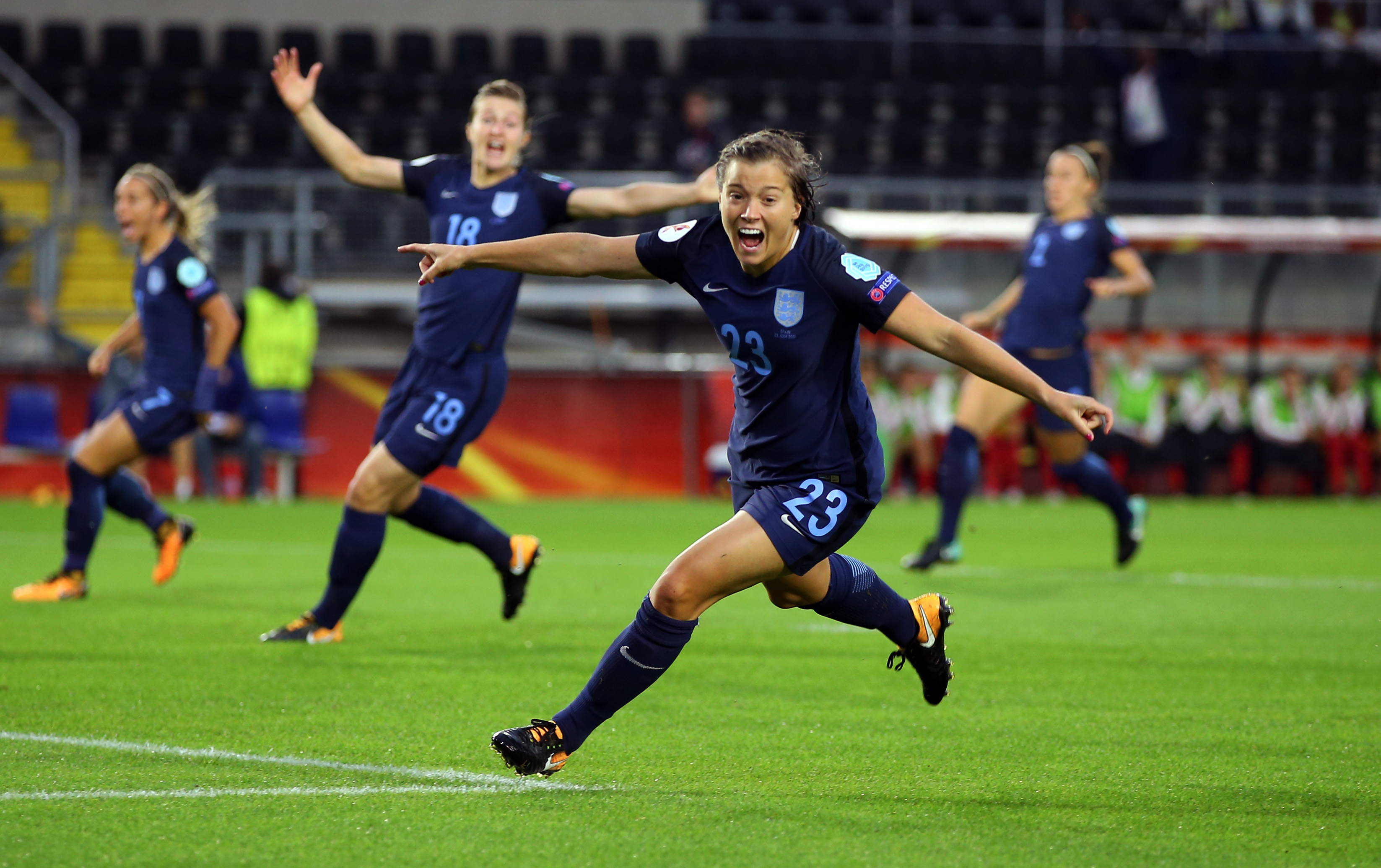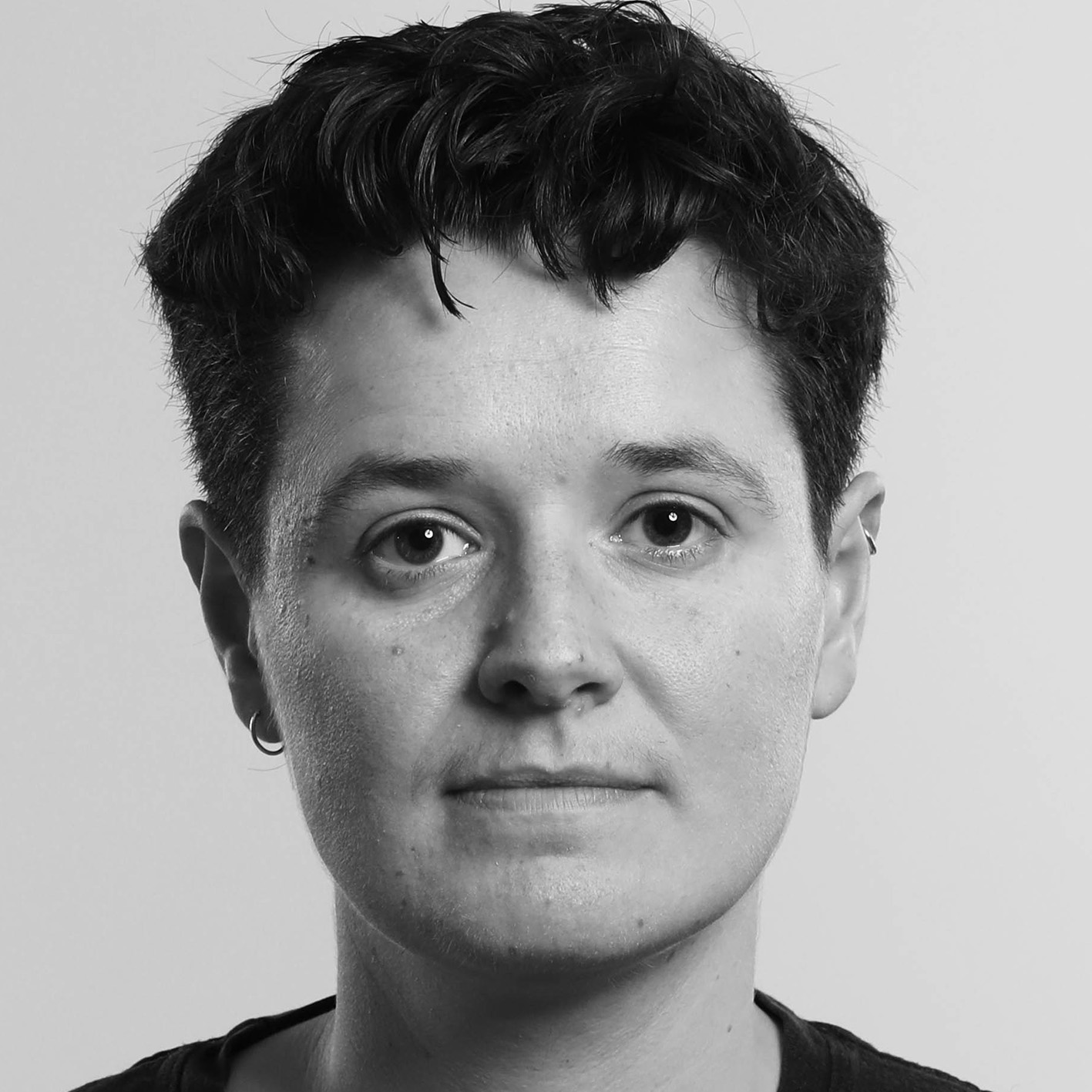In 2015, England manager Mark Sampson took the unprecedented decision to call up a player from the second division for his World Cup squad. This tiny forward, 21 years old with close cropped hair that made her look even younger, had been bamboozling defences and scoring for fun at Reading in the WSL2.
Fran Kirby went to Canada with England and announced herself on the international stage, scoring in the second group match against Mexico. She latched on to a loose ball and slalomed past one defender then another before poking the ball home with the outside of her foot. It was an exhilarating introduction to a player who was all flair at a time when the general public was first beginning to switch on to women’s football. Sampson dubbed her “mini Messi”.
England went on to achieve a third-placed finish at that World Cup – at the time, their best ever – but Kirby missed out on the knockout stages through injury. It was a pattern that would sadly repeat itself.Kirby’s intention was for this summer’s European Championship to be her final tournament for England. But when Sarina Wiegman informed her that she would not be part of the squad, she chose to retire from international football immediately, telling her team-mates on Tuesday night after England’s 2-1 defeat by Spain.
“It’s been the biggest honour to represent my country, one that I had only dreamed about as a little girl,” she wrote in a statement posted on social media.
“Thank you to you all for embracing me as a young girl from Reading who had a dream. I hope you all know, wearing that badge was the greatest honour.”
Emma Hayes brought Kirby to Chelsea after that World Cup, for a British record fee and in their nine years together, they dominated domestically. Kirby watched on cup-tied when Hayes won her first trophy - the 2015 FA Cup - and then promptly got down to business to help win four more FA Cups, seven league titles and two League Cups. She became Chelsea’s all-time leading goalscorer and scored the goal that sent them to their first and only Champions League final. When Hayes was given the Football Writers’ Tribute award in 2024, it was fitting that Kirby gave a speech.
Yet lots of her career has been characterised by the highest of highs followed by the lowest of lows. For every wave it looked like she crested, there came the crash back down into the surf of injury or illness. But in sport as in life, the mettle of a person is shown not in how many times you are knocked down, but in how many times you get back up. And by God, Kirby got back up. Again and again, she got back up, no matter how frustrating it must have been to find herself on the sidelines watching on. She would get her head down and start working out how to make it back on to the pitch.
There were knee issues. Ankle issues. The pericarditis – an inflammation of the saclike tissue around her heart – that was only discovered when she fainted at dinner with her team-mates. The mystery fatigue that almost ruled her out of Euro 2022. Every time, the same approach that she would show on the pitch. Get her head down and run – towards a defender, towards a goalkeeper, towards the goal, any goal.
That mental fortitude is something that Kirby has had to find her entire life. When she was 14 years old, her mum died suddenly from a brain haemorrhage. Kirby quit football for a couple of years, only returning as part of a friend’s amateur team.
It is clear that the experience influenced her deeply. Mention Kirby’s name in women’s football circles and the response is the same – a great player and an even better person. There are many stories of Kirby finding time to reach out to people who were struggling with their mental health or with the loss of a parent. Her behaviour demonstrates the occasionally over-egged truism that women’s football is a community.
Newsletters
Choose the newsletters you want to receive
View more
For information about how The Observer protects your data, read our Privacy Policy
The decision from Wiegman not to include Kirby in her squad does come as a surprise. It was only three years ago that Kirby started every match in England’s 2022 European Championship-winning campaign. Turning 32 at the end of this month, she is no longer that starter but her ability and experience felt like a no-brainer as part of a wider squad. Kirby now joins Ellen White, Rachel Daly, Mary Earps, and Millie Bright as one of five players who started every game in 2022 but who will not play a part this summer. It has become quite the overhaul.
Kirby’s legacy is tough to assess. She will forever be the “What if?’ footballer. What if she could stay fit? What if we could consistently see her at her best? What if she could achieve what her talent showed she could but her body could not?
Yet despite all the setbacks, for the decade she did play for England, she made an argument for being their most talented prodigy. Capable of lighting up the pitch, taking a game by the scruff of the neck, or creating a platform to allow others to shine, Kirby was the player that fans prayed would be in the team. Her 77 caps could never be enough but she squeezed everything out of them.
As the page closes on her international career, one moment sticks out more than most. It is Kirby on the Wembley pitch, cradling the European Championship trophy. Eyes to the sky, she blows the heavens a kiss. Her mum never got to see her play for England like she believed Kirby would. But her daughter fulfilled everything she dreamed of, and a little bit more.
Photo by Catherine Ivill - AMA/Getty Images

